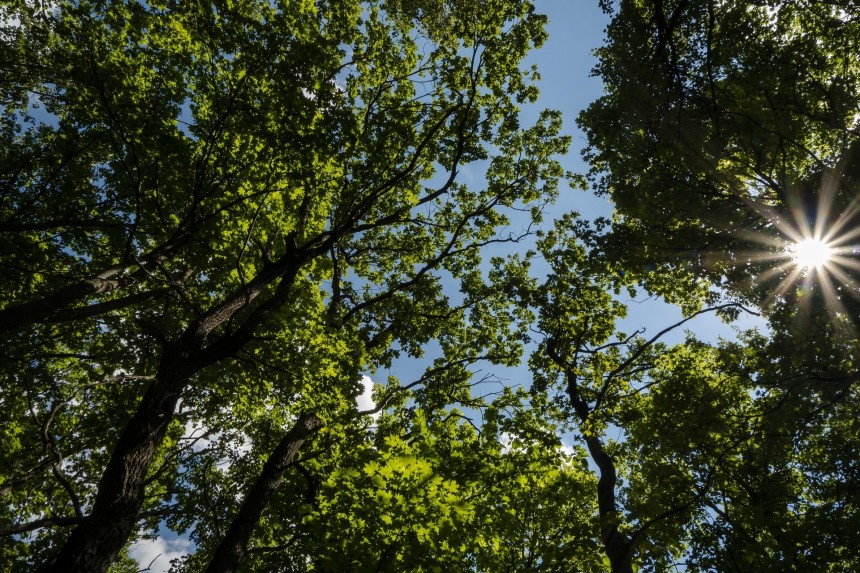The Hotel & More Group is Committed to Reducing Its Carbon Footprint
2024. April 2., Tuesday, 10:42
Our company group has integrated the carbon neutrality of our hotels into its long-term green strategy!
As the first step of our long-term green strategy, we aim to reduce the carbon emissions resulting from our operations by supporting domestic afforestation. According to studies, the average carbon footprint of a Hungarian is approximately 6-7 tons of CO2 per year, which can be absorbed by about 2,000 healthy, native trees over 50 years old within a year.
Currently, only 25% of Hungary's land is covered by forests and woodlands, which is why we consider it an important mission to contribute to improving the natural state of domestic forests and ecosystems. To achieve this noble goal, we have joined the Climate Action initiative, which focuses on restructuring Hungary’s forests with native tree species. This makes the forests more resilient to the effects of climate change and increases the size, biodiversity, and quantity of native tree species in Hungary.
We also want to raise our guests' awareness of the importance of reducing their carbon footprint. In addition to the company's support for afforestation in Hungary, we aim to provide our guests with the opportunity to offset the carbon footprint generated during their hotel stay.
At the following Hotel & More pet-friendly hotels, guests can purchase saplings at a discounted price. These saplings (native pedunculate oak, native sessile oak, linden, maple, rowan) will replace the deteriorating pine and acacia trees in the declining forest of Pusztavám:
- Akadémia Hotel**** Balatonfüred
- Hotel Budapest***
- Duna Relax Hotel**** Ráckeve
- Hotel Fit Hévíz
- Hotel Nostra Siófok
The newly created mixed-species forest can be sustainable for 90-110 years.
Hotel & More also plans to involve the rest of the company's hotels in this key project.
We hope that through this initiative, we can raise awareness among as many of our guests as possible about the significance of tree planting, helping to delay the adverse effects of climate change.
